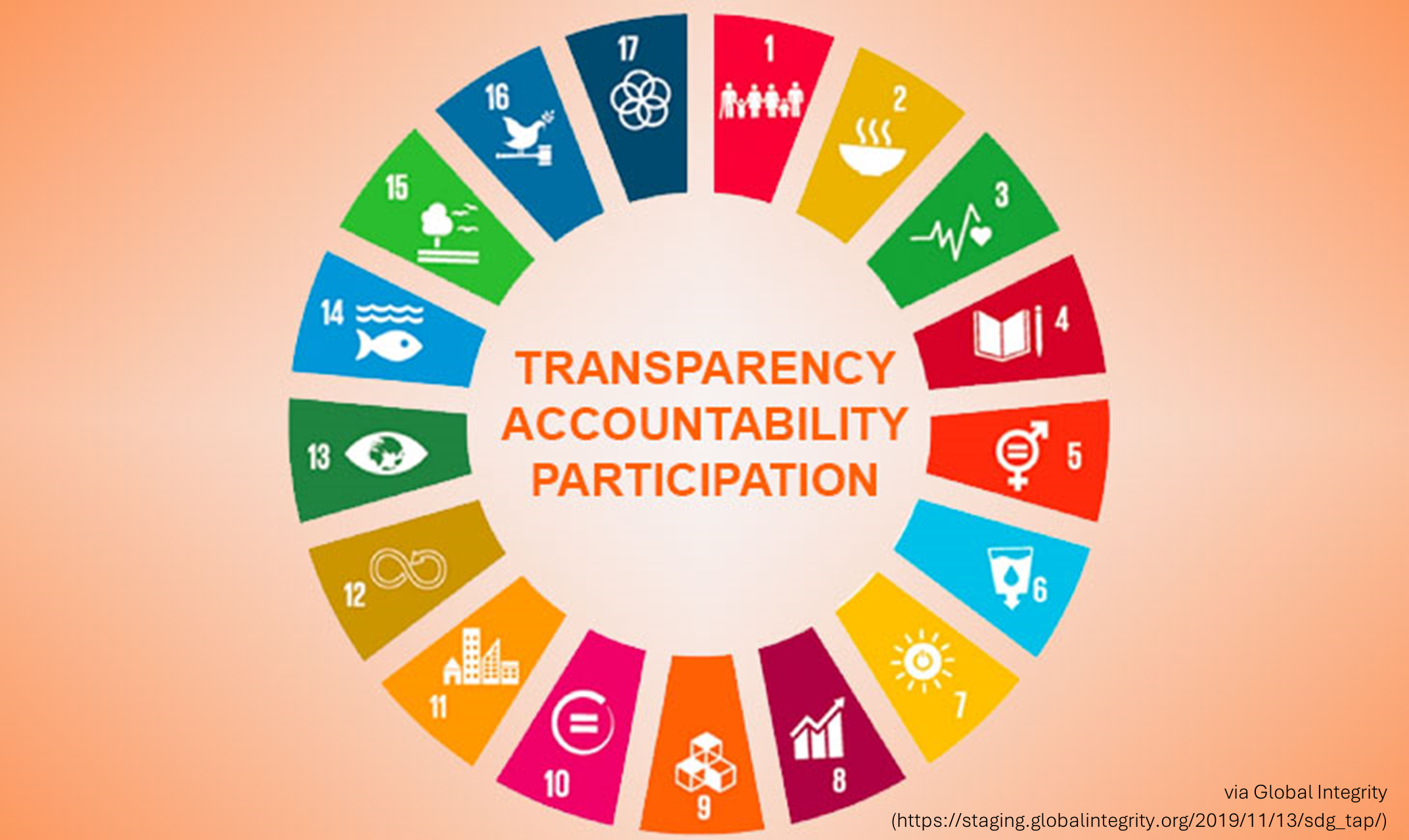
Imagine that you’ve just conducted an environmental audit. You review the results and realize something troubling: This report is nothing to “write home” about. Your emissions are through the roof. They’re far beyond your industry’s averages and certainly off-track with global goals. You’re sending tons of waste to landfill. Chemicals leaking from your production process are putting the air quality of the surrounding community at risk.
While you might have the moral compass (and the basic human decency) to ensure that these offenses are righted as soon as possible, you may be tempted to protect yourself from judgment in the process. This dangerous game that I like to call “failing quietly” can lead to the propagation of misleading information that downplays your real impact. And, you wouldn’t be the first to make this monumentally harmful mistake. We’ve seen this same type of manipulation play out time and time again with companies like BP, 3M, PG&E, Amazon, and more. This is certainly not the league you want to join.
To start out, let’s be clear that lack of transparency about issues that directly impact your stakeholders is entirely unethical – regardless of how you spin it. But beyond that, I want to take this a step further and suggest that the situation you find yourself in presents an opportunity to reconcile, rebuild, and emerge better on the other side. With proper strategy, you can earn supporters rather than losing them. If you hope to achieve that, the solution is simple: FAIL OUT LOUD.
What many organizations have yet to realize is that by being honest about your current environmental performance, sharing your values and commitment to improvement, and creating a clear plan to do better, you actually draw people in. You can generate quite a bit of intrigue when you simply open yourself up to learning and actively involve your stakeholders in your journey. And, it all starts with telling them the unvarnished truth.
Once you’ve openly acknowledged your failures, you can build solutions collaboratively. Start by creating public-facing proposals, and solicit feedback from your stakeholders, including suggestions on how to further improve your practices. Request input on your remediation plans (prior to implementation!). Engage community members in workshops, collect comments and concerns on your website, and seek out opportunities for further partnership. Prioritize helping your community to feel like they have a stake in your organization’s impact on their environment and well-being. You’ll find that when you engage in this process with authenticity and follow through on your promises, you can build steady trust and allyship.
So, to drive the point home: Don’t be timid about owning up to your mistakes. When you choose to fail out loud, you’re creating space to learn new and better ways of conducting business. And, you’re doing it in a way that builds stronger relationships with the communities and customers you rely on. It’s better for the planet, the people, and your organization. So, let’s get out there and fail out loud!
